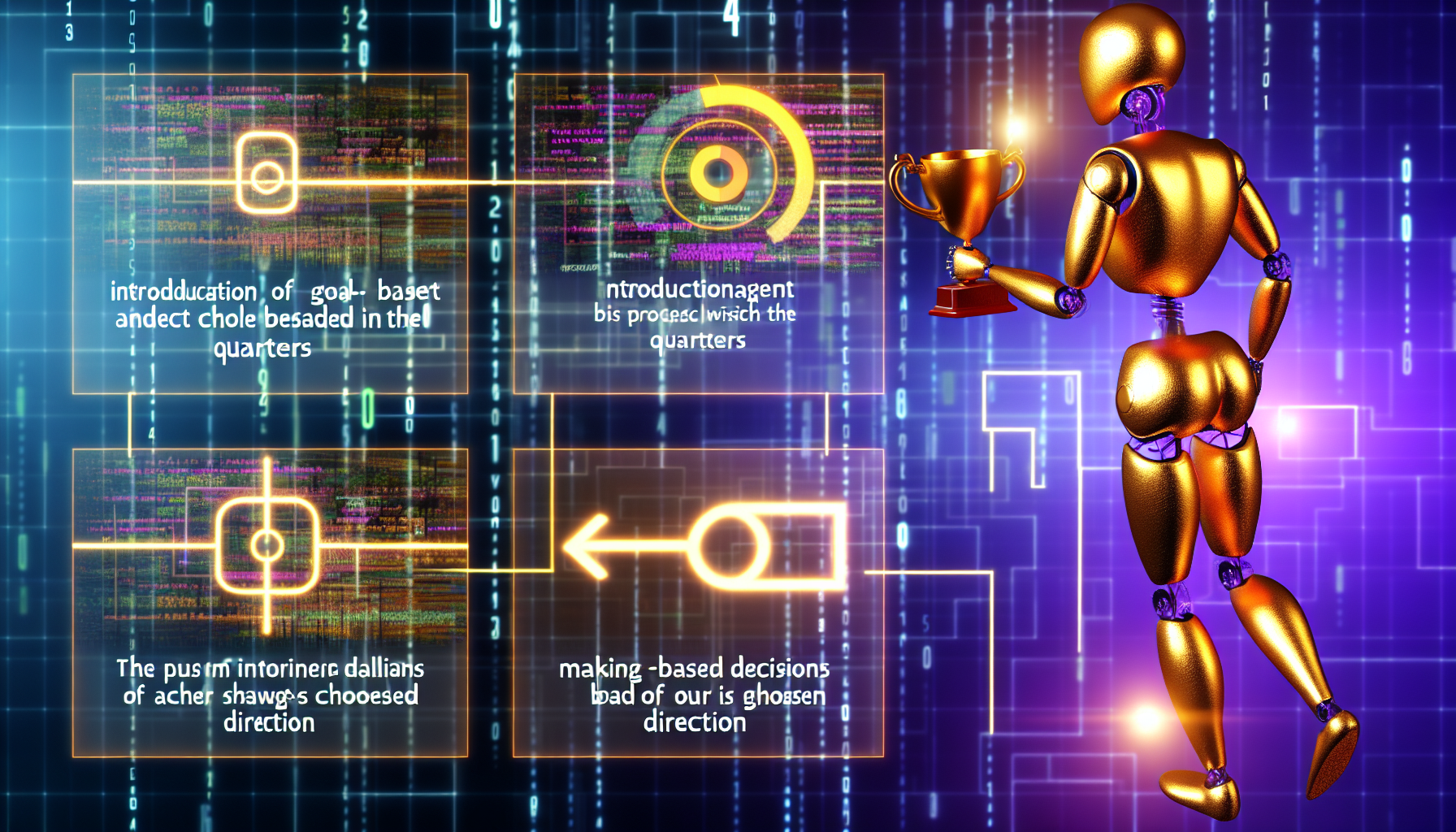Artificial intelligence has revolutionized problem-solving approaches, and goal-based agents stand at the forefront of this technological advancement. These intelligent systems represent a sophisticated method of decision-making and problem-solving in complex environments.
Understanding Goal-Based Agents
Goal-based agents are unique artificial intelligence systems designed to achieve specific objectives through strategic planning and decision-making. Unlike simple reactive agents, these advanced AI models can analyze potential actions, predict outcomes, and select the most effective path toward accomplishing their predetermined goals.
The core strength of goal-based agents lies in their ability to:
- Develop comprehensive problem-solving strategies
- Evaluate multiple potential solution paths
- Adapt to changing environmental conditions
Key Components of Goal-Based Agents
Successful goal-based agents typically incorporate several critical components that enable intelligent decision-making. These include powerful knowledge representation frameworks, sophisticated reasoning mechanisms, and advanced search algorithms.
The architectural design involves multiple interconnected layers:
- Goal definition module
- State representation system
- Action selection algorithm
- Performance evaluation mechanism
Operational Mechanics
When a goal-based agent initiates its problem-solving process, it follows a systematic approach. The agent first comprehensively analyzes the current environment, identifies available actions, and constructs potential solution pathways that could lead to goal achievement.
Each potential action undergoes rigorous assessment, considering factors such as:
- Probability of success
- Resource consumption
- Time requirements
- Potential risks
Real-World Applications
Goal-based agents have found extensive applications across numerous domains. In autonomous robotics, these intelligent systems enable machines to navigate complex environments and complete intricate tasks. Healthcare applications include diagnostic support systems that can analyze patient data and recommend potential treatment strategies.
Other prominent implementation areas include:
- Strategic game development
- Financial trading algorithms
- Supply chain optimization
- Autonomous vehicle navigation
Advantages and Limitations
While goal-based agents represent a significant advancement in artificial intelligence, they are not without challenges. Their effectiveness depends heavily on the quality of initial goal definition and the comprehensiveness of available knowledge bases.
Potential limitations include complexity in handling highly unpredictable environments and the computational intensity required for sophisticated decision-making processes. Researchers continue developing more robust and adaptable agent architectures to address these constraints.
Future Perspectives
The evolution of goal-based agents promises exciting developments in artificial intelligence. Emerging research focuses on enhancing agent learning capabilities, improving adaptability, and creating more nuanced decision-making frameworks.
As machine learning and computational technologies advance, goal-based agents will likely become increasingly sophisticated, offering unprecedented problem-solving capabilities across diverse domains.
The intersection of advanced algorithms, expansive data processing, and intelligent reasoning positions goal-based agents as a transformative technology with immense potential for solving complex real-world challenges.



